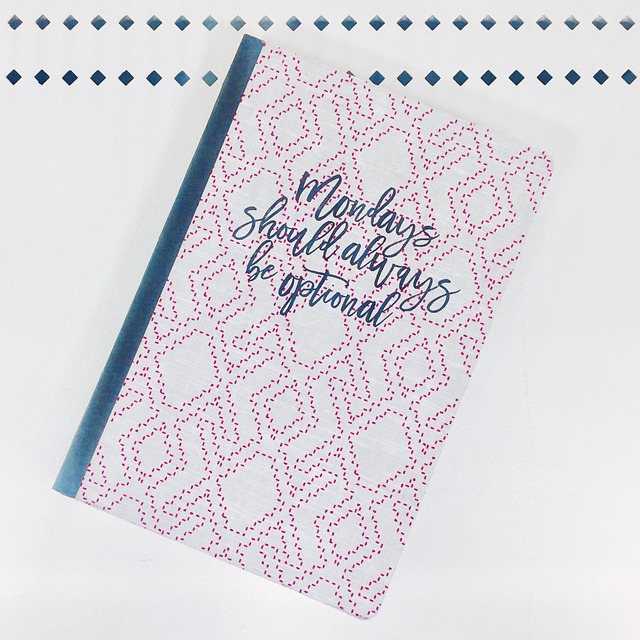Using a Daily Planner to Manage Stress and Anxiety
In today’s fast-paced world, managing stress and anxiety is a common challenge. A daily planner, often overlooked, can be a powerful ally in this battle. Utilizing a planner for stress management is more than just organizing your schedule; it’s about taking control of your mental space and fostering a sense of calm.
This article explores the effectiveness of a daily planner for health in mitigating stress and enhancing your overall wellbeing. By understanding and implementing planning for wellbeing, you can transform a simple organizational tool into a vital component of your mental health strategy.

Understanding Stress and the Role of Planning
Stress and anxiety often stem from a feeling of being overwhelmed and out of control. A cluttered schedule can exacerbate these feelings, leading to a cycle of constant worry and inefficiency. This is where the concept of planning for wellbeing plays a crucial role.
- Creating Order Out of Chaos: A well-organized planner can transform a chaotic schedule into a manageable one. It helps in delineating tasks and responsibilities, creating a clear vision for the day ahead.
- Sense of Control: By planning your day, you gain control over your time and tasks, reducing the uncertainty that fuels anxiety.
- Mindful Planning: The act of planning itself can be therapeutic. It encourages you to pause, reflect, and prioritize your health and wellbeing alongside your daily tasks.
Embracing a planner as a tool for stress management is not just about keeping track of appointments; it’s about structuring your life in a way that reduces anxiety and fosters a sense of calm and control.
Key Features of a Planner for Stress Management
A planner designed for stress management should include specific features that cater to mental health and wellbeing. Here’s what to look for:
- Prioritization Spaces: Sections for prioritizing tasks can help you focus on what’s truly important, reducing the overwhelm from a crowded to-do list.
- Mindfulness and Reflection Areas: Include spaces for daily or weekly reflections, gratitude logs, and mindfulness exercises. These areas encourage you to pause and focus on your mental state.
- Stress Tracking: Some planners offer sections to track your stress levels, helping you identify patterns and triggers over time.
- Goal Setting for Wellbeing: Apart from professional or academic goals, dedicated sections for personal health goals like meditation, exercise, or reading.
- Inspirational Quotes and Affirmations: Having motivational quotes or spaces for affirmations can provide daily encouragement and positive reinforcement.
These features in a planner for stress management transform it from a simple scheduling tool to a comprehensive wellbeing companion, aiding in daily planning with a focus on mental health.
Practical Tips for Using Your Planner
Effectively using a daily planner for stress and anxiety management involves more than just noting down tasks. Here are some practical ways to use your planner to its fullest potential:
- Time Blocking for Relaxation and Self-Care: Allocate specific time blocks for activities that reduce stress, such as meditation, exercise, or hobbies. Treat these blocks with the same importance as other appointments.
- Tracking Mood and Stress Triggers: Use your planner to note how certain tasks or events affect your mood. Over time, this can help you identify and manage stress triggers.
- Setting Achievable Daily Goals: Avoid overloading your schedule. Set realistic and achievable goals for each day to prevent feeling overwhelmed.
- Regular Breaks and Downtime: Schedule breaks and ensure you have downtime each day. This helps prevent burnout and keeps stress levels in check.
- Reflection and Adjustment: End your day with a brief reflection on what went well and what could be improved. Use this insight to adjust your planning approach for better stress management.
By incorporating these planning for wellbeing strategies, your planner becomes a powerful tool in managing daily stressors, contributing significantly to your overall mental health and quality of life.
Long-Term Benefits for Health and Wellbeing
Adopting a daily planner for stress management extends beyond just organizing your schedule; it offers significant long-term benefits for your mental health and overall wellbeing:
- Reduced Anxiety: Regular planning and tracking can lead to a noticeable decrease in anxiety levels, as it helps in managing tasks and expectations more effectively.
- Improved Sleep Quality: With a well-structured day and reduced stress, you’re likely to experience better sleep quality, which is essential for overall health.
- Enhanced Focus and Productivity: By minimizing stress and organizing your tasks, a planner can improve your concentration and productivity, leading to a more fulfilling personal and professional life.
- Greater Sense of Accomplishment: As you meet your daily goals and manage your time efficiently, you’ll feel a greater sense of accomplishment and control over your life.
- Improved Mental Clarity and Mood: An organized approach to your daily tasks and goals can lead to improved mental clarity, a more positive mood, and a greater sense of wellbeing.
Incorporating a daily planner for health into your life is not just a way to manage your time; it’s a comprehensive approach to enhancing your mental and emotional wellbeing.
Conclusion
Managing stress and anxiety in today’s fast-paced world can be a daunting task, but the power of a daily planner in this endeavor is often underestimated. Utilizing a planner for stress management is not just about organizing tasks; it’s a holistic approach to planning for wellbeing. By adopting the strategies outlined in this article, a simple planner can transform into a vital tool for mental health, helping to navigate daily stressors with greater ease and resilience.
Start incorporating these practices into your routine and witness the positive changes a daily planner for health can bring to your life, fostering tranquility, focus, and overall happiness.
